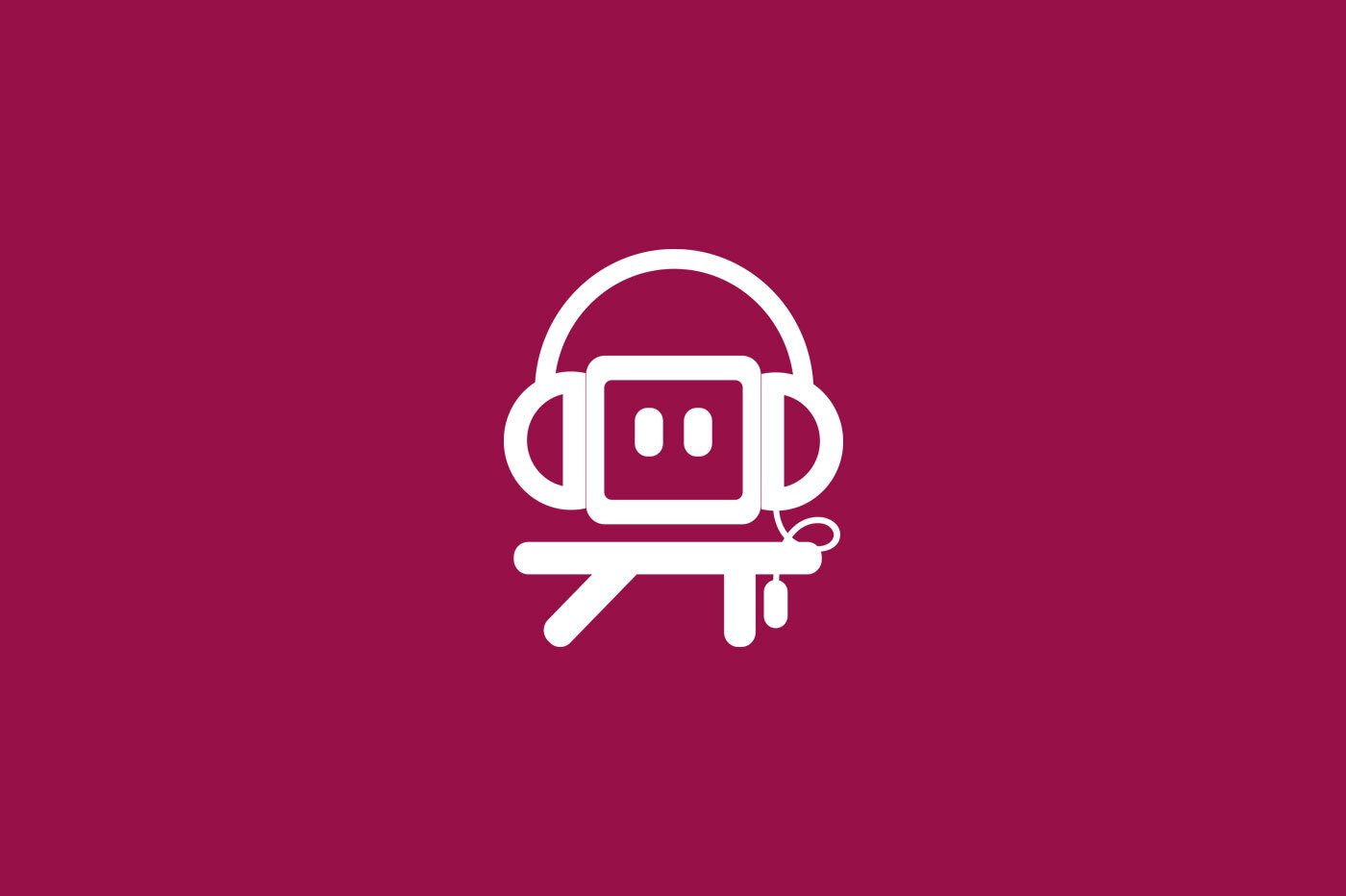The use of artificial intelligence in the world of video games

The use of AI in the world of video games is a hot topic. Let’s go behind the scenes of this connection between code and creativity, where artificial intelligence brings our favorite virtual worlds to life, but where the challenges are just as real.
Imagine yourself in an action game where every enemy you face has its own behavior, its own virtual personality. It is thanks to the AI that these enemies can react realistically to your actions, anticipate your movements and adjust their strategy in real time.
In Artificial Intelligence Video games It’s like a virtual development team working around the clock to create ultra-immersive gaming experiences. It plays several key roles in creating a dynamic and responsive open world, from enemy behavior to difficulty level adaptation.
More immersive games thanks to AI
Take the example of enemy AI in games like The Last of Us Part II. In this action-adventure game that needs no introduction, the enemies react realistically to the player’s actions. They interact with each other, adapt your tactics and make decisions in real time, creating thrilling tension with each encounter.
And what about narrative games, where the AI shapes the story based on your choices? in Detroit: Become Human From Quantic Dream, AI takes your decisions into account to shape the flow of the story, providing a personalized and unique gaming experience for each player.
Also readAccording to Benoit Raphael, “artificial intelligence allows us to have a second brain”
Moreover, at the Game Developers Conference this week, French publisher Ubisoft presented its new advancements that aim to change player interactions thanks to NEO NPCs », non-player characters with whom we can talk through the microphone and whose response automatically accepts, thanks to AI.
However, the use of artificial intelligence in video games highlights the ethical and social challenges facing the industry.
AI still faces the challenge of ethics and responsibility
Some games use AI algorithms to influence player behavior, encouraging them to spend more money or play longer. This raises questions about player manipulation and consent, as well as fairness and equal access to gaming experiences.
The use of AI also raises important questions about the cultural values expressed by games. Indeed, it can influence the representation of minority groups and perpetuate stereotypes or unconscious biases, which can affect diversity and inclusiveness in sports.
But listenDoes controlling AI mean limiting its development?
Finally, there is the essential question of working conditions for video game developers. While artificial intelligence offers opportunities for automation and increased productivity, it can lead to job losses and additional stress on remaining workers, affecting their mental and physical health.
In conclusion, it is imperative that the video games industry proactively and transparently addresses these issues to ensure an ethical and sustainable future for all involved.



/medias/A8i6543ugr/image/gta_vi1711453635153.jpeg)

